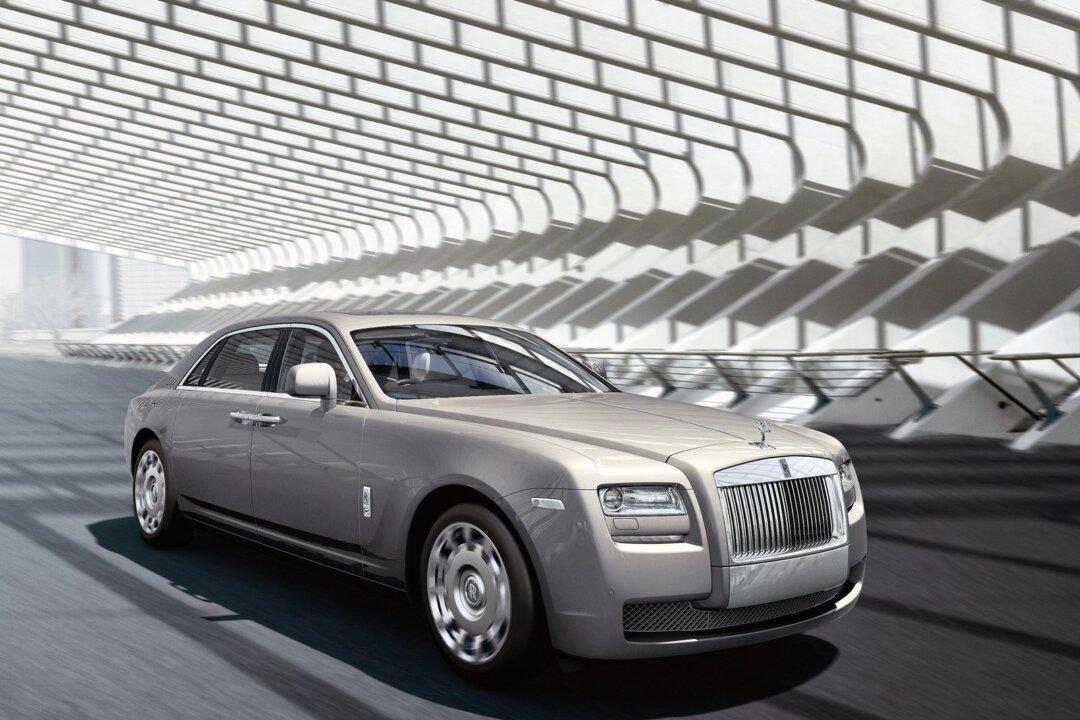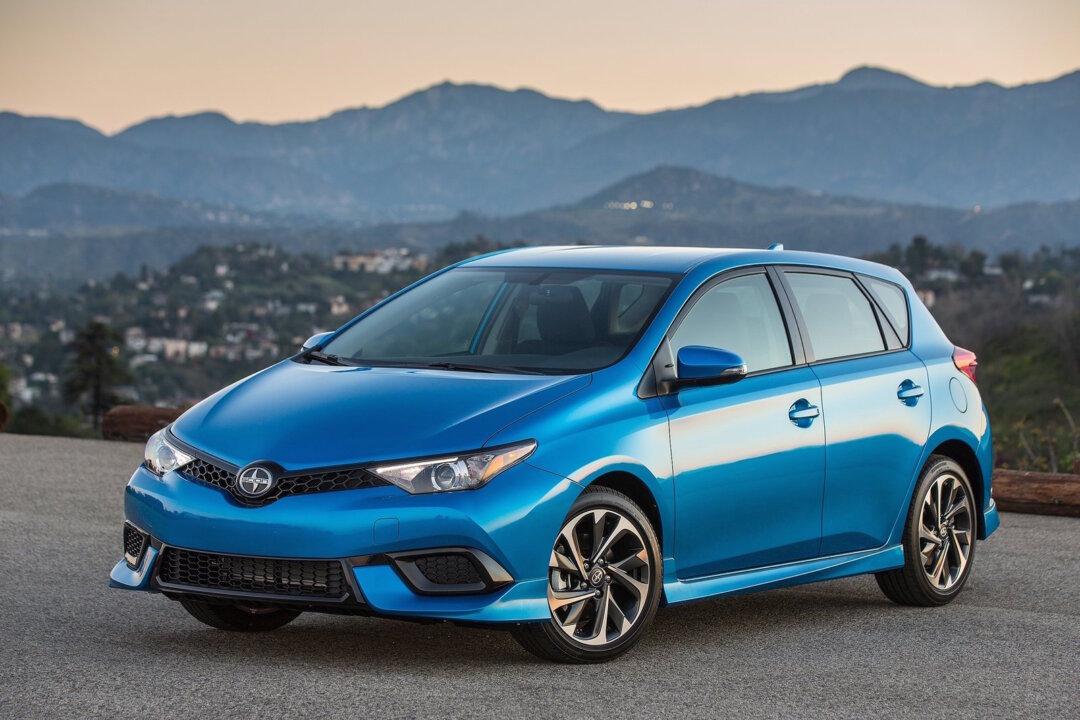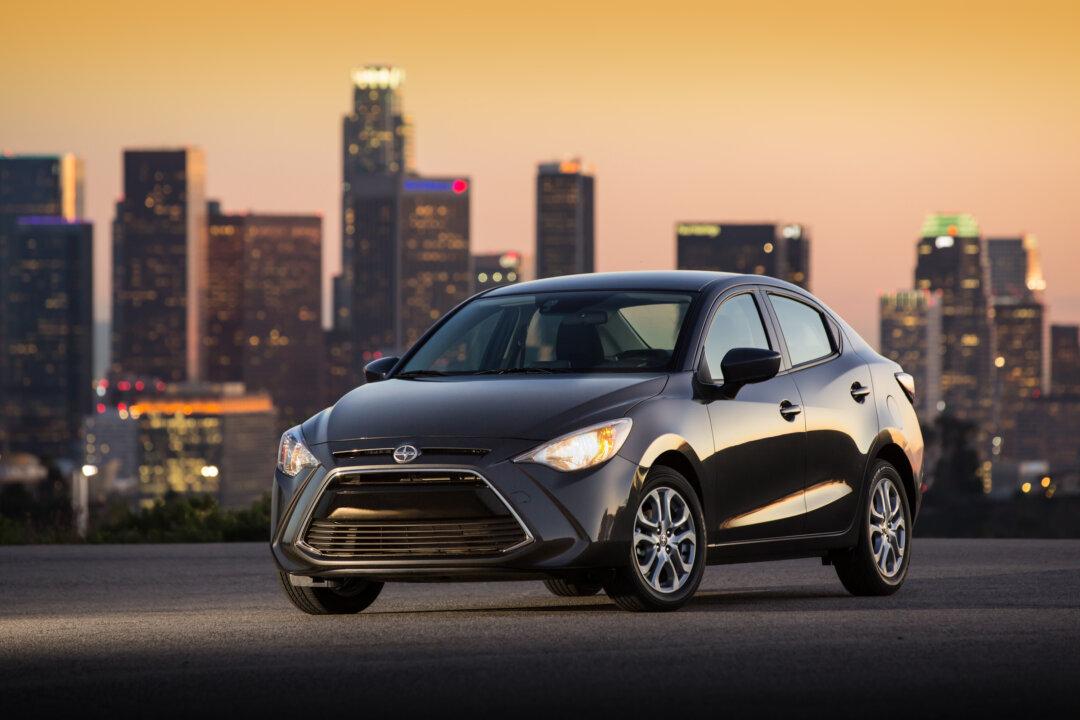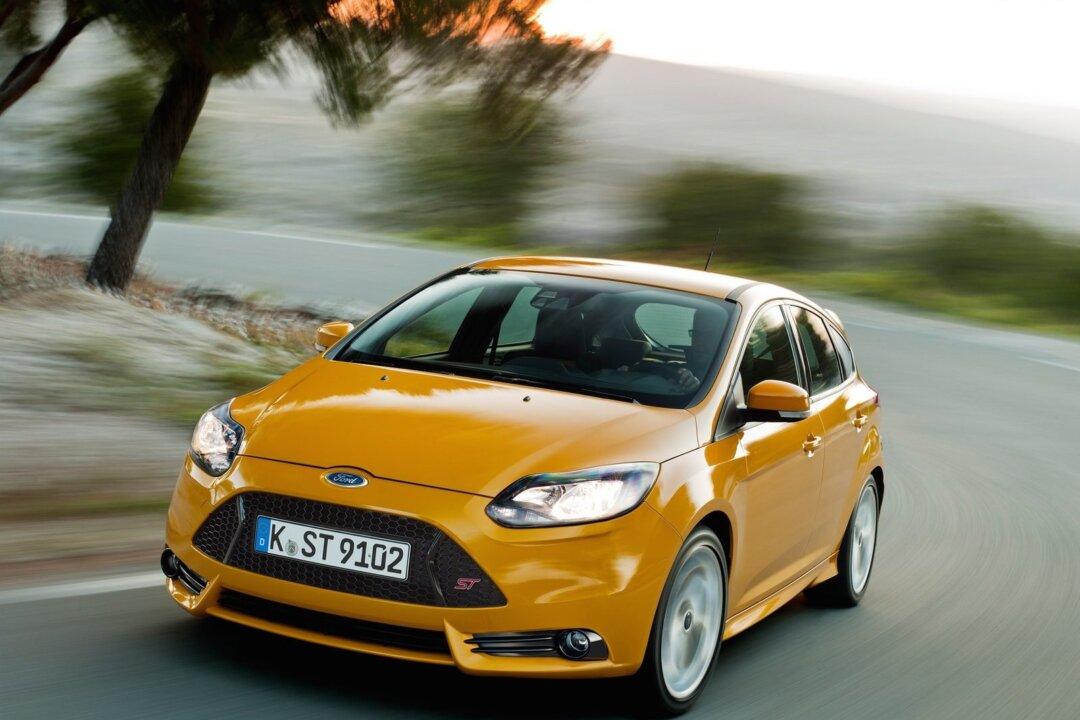Rolls-Royce has always built automobiles that somehow transcended being mere cars. Even more so in recent years, it’s easier to compare a Rolls-Royce to a second home or a yacht than to a Mercedes S-Class. But now, Rolls-Royce wants to bring things a bit closer to reality. The Phantom is still a transcendent piece of automotive excess taken to barely-imaginable extremes, but in 2012 Rolls-Royce introduced a more down-to-earth car.
The Ghost is smaller and less ponderous than the Phantom, and it’s aimed at the high end of the luxury-car market. This territory has been the domain of the Mercedes S-Class, Bentley Mulsanne and similar cars for some time; perhaps Rolls-Royce decided to meet those cars on their own ground, lest Mercedes attempt another Maybach-like foray into ultra-luxury territory.
Think of this as a Phantom with a little bit of sports-car added to the mix.
By far the most popular Ghost thus far in North America has been the extended-wheelbase model (EWB). Originally developed for China in response to the Chinese market’s preference for long-wheelbase cars as a status symbol, the longer Ghost has also caught on in the U.S.
At a glance, it’s indistinguishable from the standard model; the 6.7 inches of additional length have mostly been added around the C-pillar, keeping the styling consistent.
The styling in question carries all of the hallmarks that make a car unmistakably a Rolls-Royce: an upright, vertical-slat, chrome grille with the unmistakable Spirit of Ecstasy on top, flush-mounted rectangular headlamps, and a tall, bumperless front end that leads up to a long, stately hood.
The Ghost’s proportions are similar to the Phantom’s, only on a more realistic scale. This car is comparable in size to the S-Class, though the styling makes it seem larger than it is. Rolls-Royce’s wheel design emphasizes the massive wheels, available in nineteen- or twenty-inch sizes.
The interior is also up to Rolls-Royce’s standard. It may be the junior sedan of the lineup, but this car is still a fair distance beyond most cars. The signature coach doors open into a rear cabin that’s head and shoulders above most other executive sedans.
Rear-seat passengers sit behind the C-pillar and the seats are angled subtly toward each other to facilitate a cozy, boardroom feeling. The wide range of wood and leather trims are craftsman-grade. Rolls-Royce offers a “theater” configuration in which all functions not necessary for driving can be controlled by rear-seat passengers, and accessed by 9.2-inch LCD screens mounted in the front seatbacks.
A navigation system is standard, and the Ghost can be turned into a wireless hot-spot, enabling rear-seat passengers to access video and Internet functions. In addition to being connected, the massive rear cabin is outfitted to pamper, with reclining seats, massage functions, and deep-pile sheepskin floormats. The trunk can hold up to 173 cubic feet. The switchgear is dainty, but well-made. And yes, it has Teflon-covered umbrellas in the doors, and can be ordered with Rolls-Royce’s bespoke features like rear-seat coolboxes and other fun stuff. A panoramic sunroof is available
One of the biggest departures from the Rolls-Royce status quo becomes clear from behind the wheel; the Ghost actually drives like a car. On the road, the Ghost has equal measures of the Phantom’s sturdy, unflappable road presences and a sports car-like responsiveness. It seems like an incongruous mix, but the Ghost pulls it off. You'd think it was too big to feel sporty, but the air springs manage to be stiff and smooth when needed—it feels attentive, and ready for action at all times. It doesn’t feel like you could drive it through the front wall of the Cartier store without doing significant damage to it, the way the Phantom does.
The Ghost is, however, mellow and peaceful inside. The suspension uses double wishbones up front and a multi-link rear, coupled with air shocks at all four corners whose variable damping is tuned not only to the road but compensates for the passengers inside shifting as well. Somehow, Rolls-Royce has managed to combine that measure of responsiveness with the magic-carpet ride that makes the car feel as though it’s steamrollering the road flat.
A 6.6 liter twin-turbo V12 provides effortless power. The Ghost’s size is belied by the 563 horsepower motivating it, and Rolls-Royce reports a sports-car beating 0-62 time of just five seconds. Top speed is limited to 155mph. The Ghost accelerates with a poise and nonchalance that belies the violence that’s being done to physics, and its eight-speed automatic transmission never lurches or complains.
It may be the “junior” Rolls-Royce, but the Ghost EWB is still a noble among peasants on the average road. This massive car knows how to treat driver and passengers like royalty. Speaking of royalty, the Ghost EWB is smaller than the Phantom, but it'll still set you back the cost of a nice house, with MSRPs starting in the neighborhood of $300,000.




